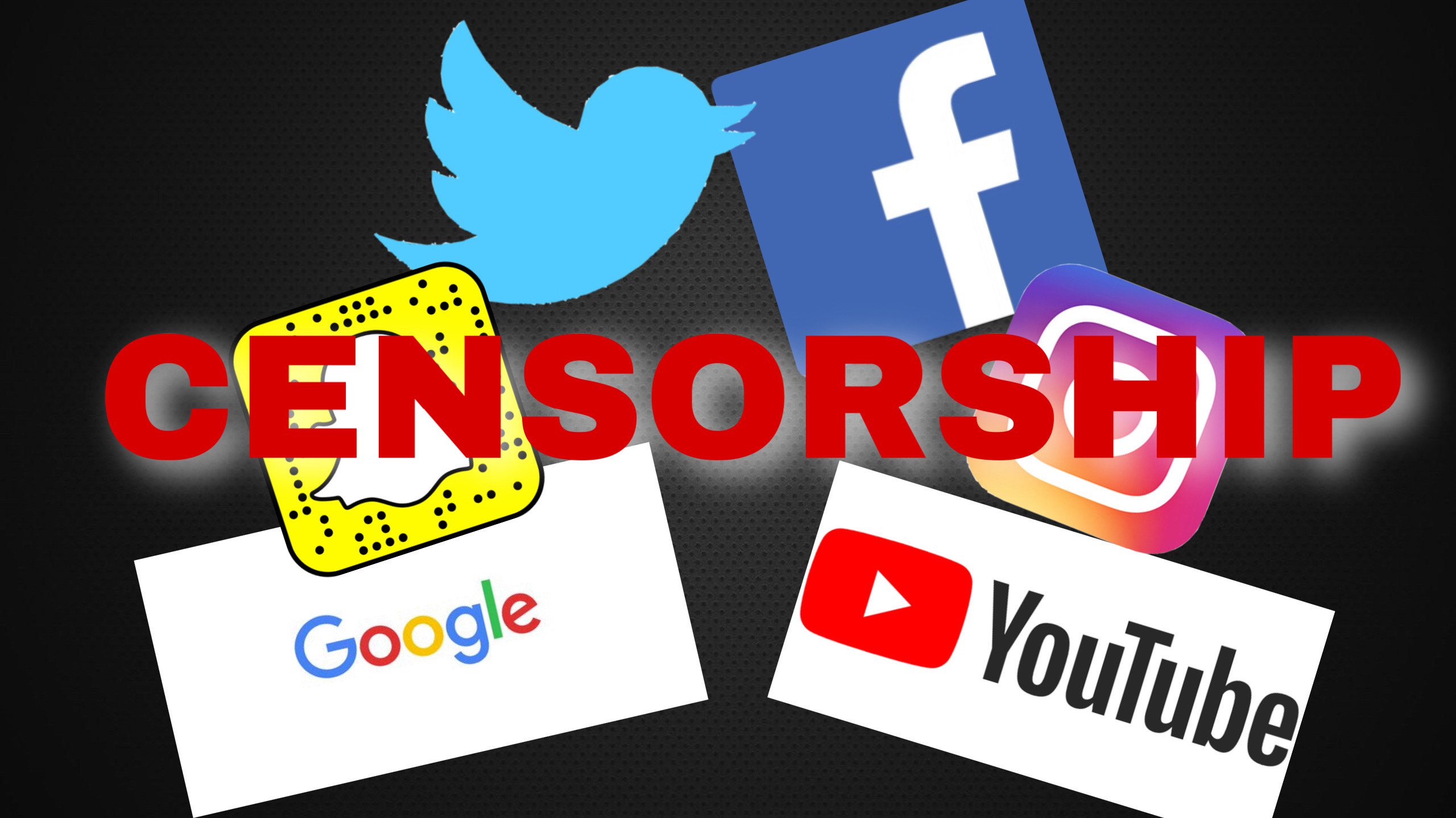
Guest post by Facebook whistleblower Ryan Hartwif
We live in perilous times for freedom of speech, and we’re beginning to see the unchecked power of technology companies as they flex their muscle throughout the Ukraine conflict. Oddly, Facebook has decided to allow praise of a neo-nazi group in Ukraine, a local militia called the Azov Battalion. As Sam Biddle from The Intercept writes, “What happens when a group you’ve deemed too dangerous to freely discuss is defending its country against a full-scale assault?”
This issue of militias being put on Facebook’s Dangerous Organizations list also affects us in the United States, since we know hundreds of state militias in the United States have also been put on this list. So not only is Facebook involved in foreign policy, they are heavily involved in regulating state-based militia organizations. I discuss Facebook’s policy on nationalism and militia groups in chapter 7 of my book, titled Behind The Mask of Facebook: A Whistleblower’s Shocking Story of Big Tech Bias and Censorship.
Despite pushback against Facebook and tech titans, citizens and even foreign governments are powerless against tech companies’ wave of propaganda and influence in elections.
I’ve done my best to bring to light some of Facebook’s corruption, but little did I imagine myself four years ago being so involved in lawsuits and criminal referrals against Big Tech. I started as a content moderator for Facebook in March of 2018, and went public in 2020 with Project Veritas, after filming with a hidden camera for 9 months and exposing Facebook’s bias against conservatives and influence in the 2020 election.
Since then, I have contributed to a criminal referral to the DOJ for Mark Zuckerberg, helped organize a lawsuit against Youtube, spearheaded by Google whistleblower Zach Vorhies, and I’m currently working with the Social Media Freedom Foundation and their constitutional challenge against section 230.
The Social Media Freedom Foundation, a 501c3 founded by Jason Fyk, has a unique legal approach to section 230. Since Fyk’s personal case against Facebook went to the Supreme Court, he has standing to sue the government, which he is doing under the 5th amendment, for depriving him of liberty and property. Fyk’s original case against Facebook, explained succinctly in this March 2022 interview with NTD News, is that Facebook sold his page to another entity because they were paying more in advertising than Fyk. Jason Fyk’s initial lawsuit against Facebook from 2018 can be found here. The new constitutional challenge against section 230 argues the following:
The Social Media Freedom Foundation (“SMFF”) non-profit charity organization (in conjunction with Fyk), challenges the constitutionality of the CDA’s delegation of regulatory authority that permits the discretionary restrictive actions of a commercial private entity. This discretionary enforcement resulted in the advancement of anti-competitive animus against Fyk (and many other users like Fyk), an animus that cannot, by definition, meet the qualification of “Good Samaritan” to enjoy the entitlement of complete immunity for any and all liability for any malfeasance or tortious conduct. Regulation, penalization, or deprivation in any form, carried out by an authorized government agent (i.e., whether private or public) “to fill up the details” (i.e., fill in the quasi-legislative rules) at the directive of Congress, must afford due process and free speech of the entity or person being regulated. The SMFF and Fyk lodges this facial and as-applied constitutional challenge of Section 230, with the law being glaringly violative of the constitutional doctrines and/or statutory canons cited above.
Ryan Hartwig is an officer of the Social Media Freedom Foundation
The post Social Media Freedom Foundation Sues Government Under 5th Amendment – May Impact Tech Giant’s Section 230 Benefits appeared first on The Gateway Pundit.
